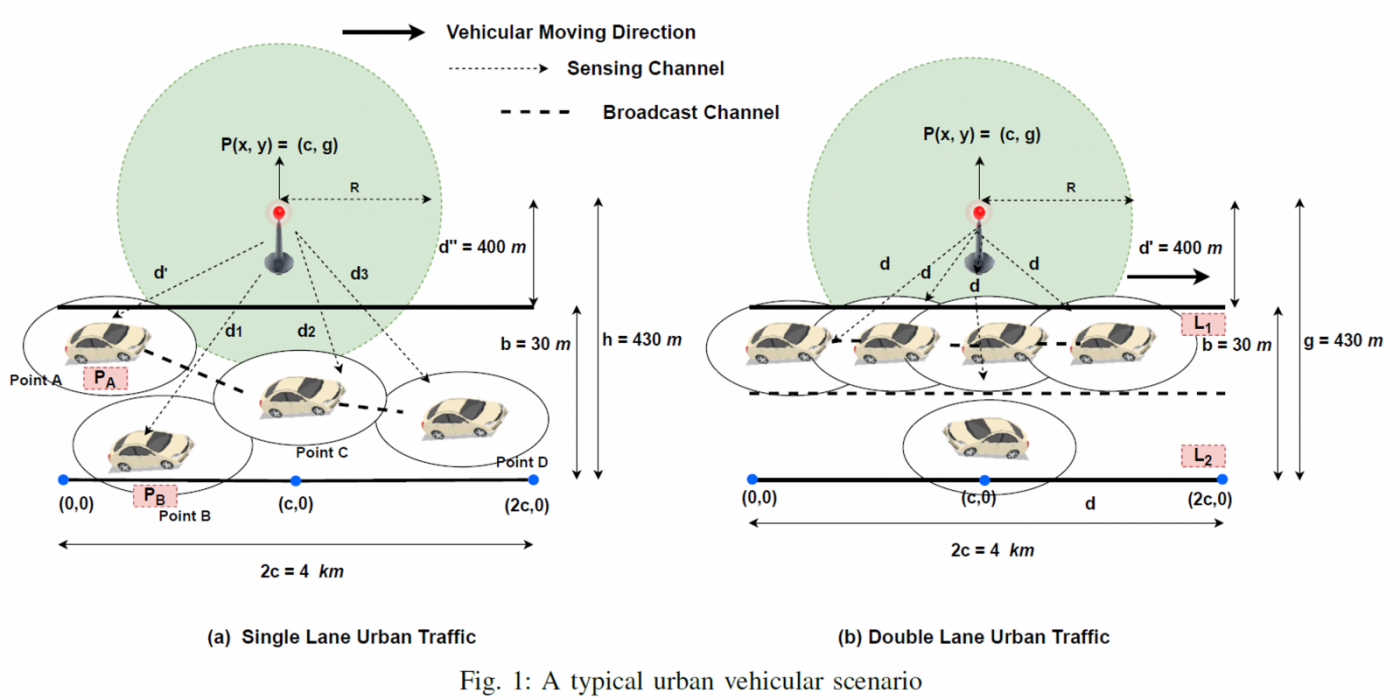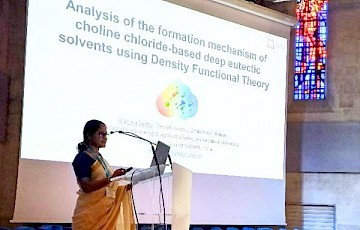25 January 2022
Professor Dhaval Patel Leads Breakthrough Research on Vehicular Network

Suggesting a breakthrough in the Intelligent Transportation Systems’ space, Professor Dhaval Patel has produced a positive research outcome through his paper, Impact of Primary User Activity Statistics in Cognitive Vehicular Networks. Professor Patel, Associate Professor, School of Engineering and Applied Sciences, Ahmedabad University, is the lead researcher and principal investigator for the Intelligent Transportation research project and also leads the Machine Intelligence, Computing and xG Networks (MICxN) research lab. The lab is part of the DST-ASEAN International research project between three-member state partners: India, Singapore, and Malaysia. Professor Patel’s research paper was published in IEEE Transactions on Vehicular Technology.
With an interdisciplinary approach, the paper provides a theoretical breakthrough for a problem that many metropolitan cities in India face – dense traffic congestion. Movement of automated cars safely seems near impossible as the data required to move from vehicular to vehicular and vehicular to cellular towers is huge.
Professor Patel suggests cognitive radio (CR) technology, a data-sharing mechanism with a very low percentage of error to resolve this problem. The paper focuses on improving the quality of service of transmission of data between two vehicles, or between vehicles and cellular towers. The team has developed their own mechanism dependent on active data collection from drivers to improve the service delivery mechanism during medium to dense traffic conditions.
Professor Patel and his team achieved this research milestone in joint collaboration with their foreign collaborator's team - Professor Zhiguo Ding (IEEE Fellow - University of Manchester,), Professor Yong Liang Guan (Senior Member IEEE, School of Electrical and Electronics Engineering, Nanyang Technological University, Singapore) and Dr Sumei Sun (IEEE Fellow - Principal Scientist and Cluster Director - Institute for Infocomm Research, Institute for Infocomm Research, Singapore).
You can access the research paper at:



